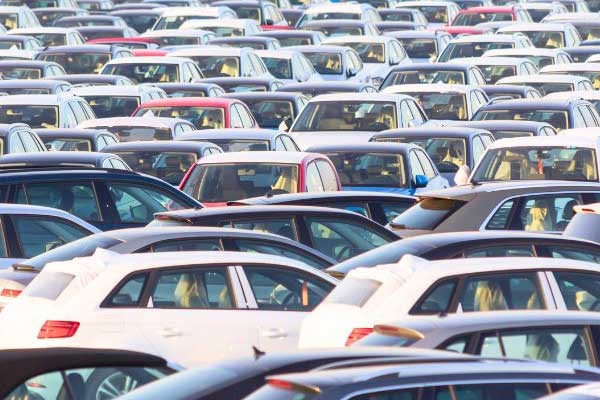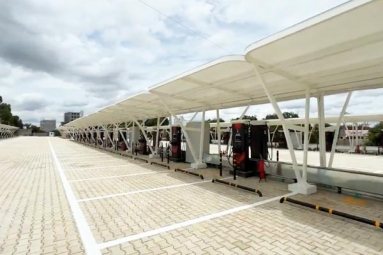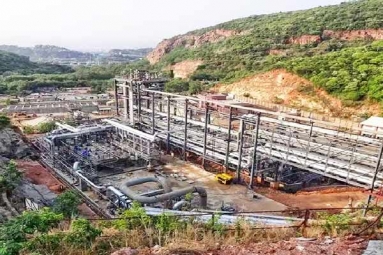
(Image source from: Canva.com)
Car dealers are warning of rising inventories for the third month in a row and looking ahead to a possible crisis. In June, inventories reached a record 67 days, followed by 72 days in July and another 75 days in August. Last month, a car inventory worth Rs 77,000 crore was idle and many dealers reported problems in getting the vehicles from their workshops to customers. The main reasons are climate change and weak consumer sentiment, even as the holiday season approaches. A major dealer association said the car market was “under severe stress”. Hindustan Unilever, the country's largest FMCG company, is not the only company for which climate is the "biggest business risk" today. From automaker Hyundai to skin care company Emami to Pepsi bottler Varun Beverages, unseasonal summer showers, erratic weather conditions and varying rainfall patterns have begun to hit the profits of Indian companies. For automakers, the impact of climate change will impact sales in key states such as Kerala and Telangana, where prolonged periods of heavy rains have significantly dampened demand.
According to the Federation of Automobile Dealers Associations (FADA), passenger car retail sales in India fell nearly 5 percent in August due to delayed customer purchases, weak consumer sentiment and heavy rains. “Inventories have reached alarming levels with days of storage now increasing to 70-75 days and total inventory reaching 780,000 units, worth a whopping Rs 77,800 crore,” FADA said. The situation is so dire that the association does not expect the upcoming holiday season to act as a sufficient catalyst to offset weak demand and increase inventories. India's auto retail market grew 2.8 percent year-on-year in August, mainly driven by a 6.2 percent year-on-year increase in two-wheeler sales, the association said. However, the sector's retail sales fell by more than 7% compared to July 2024.
The market for four-wheel passenger vehicles recorded an annual decline of 4.5 percent. Demand for commercial vehicles also fell, sales fell by more than 6 percent compared to last August. The retail turnover of tractors also fell by 11 percent compared to the previous year. Last month, the total number of passenger vehicles was 309,053, compared to 323,720 in August 2023. According to FADA, the main reason for poor performance is unstable weather conditions, which contribute to climate change. “India experienced 15.9 percent more rainfall in August...Monsoons brought unpredictable weather with intense heat waves, delayed monsoons that turned into heavy rains and led to flood-like conditions in many areas...These weather anomalies have a direct impact on India's auto- to the retail market," FADA said in a statement.
"The two-wheeler market registered a month-on-month decline of 7.29 percent, mainly due to heavy rains and floods that affected demand in various regions," FADA added. The sale of commercial vehicles is not immune to the effects of climate change. However, in their case, the low activity in the construction industry and the slow demand of the industrial sectors also played a role.









